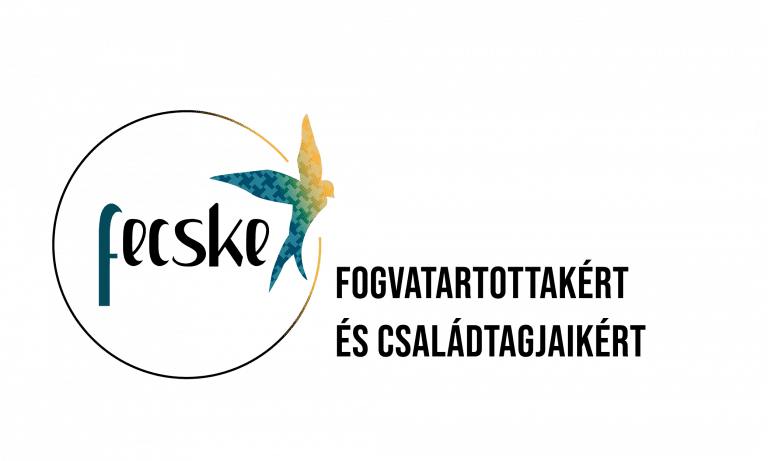Our factsheet on detainees’ contacts with the outside world
Translation is available for this content
Váltás magyarraWe compiled a factsheet on issues hindering good family contact of detainees in Hungary.
Why is detainees’ contact with the outside world important?
Contact with family members promotes the reintegration of prisoners and the prevention of recidivism. Currently, the reality of the Hungarian penitentiary system is that prisoner reintegration activities operate on low intensity. Very few programmes exist, the programmes usually mostly or completely ignore the individual needs and characteristics of inmates, and therefore they do not get prepared for their release. These systemic deficiencies intensify the prominent role of the family in successful reintegration. Only meaningful contact facilitates keeping family bonds. Based on the experience of experts and complaints from detainees and relatives received by the Hungarian Helsinki Committee, the operation of much of the penitentiary system as a whole in Hungary is increasingly mechanical, security-centred and deprived of humanity. Education and support have been largely pushed to the background, although many excellent professionals working in the penitentiary system.
What does this factsheet contain?
In this factsheet, we briefly summarise the rules of keeping contact with the outside world for detainees, the changes caused by the COVID-19 pandemic, examine the main problems and make recommendations for solving those problems. The factsheet deals with personal visits, Skype and telephone calls because these are the most efficient and widely used forms of contact; and experience has shown that those involved can only use them with great difficulty. This summary is based on research conducted by the Support Network for Detainees and their Families (FECSKE) in 2020/2021.
What is FECSKE?
FECSKE is the acronym in Hungarian for Support Network for Detainees and their Families, it also means the bird swallow in Hungarian.
FECSKE’s members include former detainees; and relatives, supporters of people detained in penitentiary institutions, as well as academics and professionals who are working together for a humane and fair prison system. They believe that whatever someone has done, it cannot be at the expense of losing contact with their loved ones or serving their punishment in humiliating circumstances. FECSKE’s members also believe that children and family members have a right to maintain quality contact with their incarcerated loved ones.
FECSKE helps to ensure that those waiting to serve their prison sentence, inmates and their relatives, and various professionals receive information about the status, operation and rules concerning the execution of prison sentences. In addition, the members, using their own experience and expertise, work for a fair prison system, and thus for a society of solidarity.
